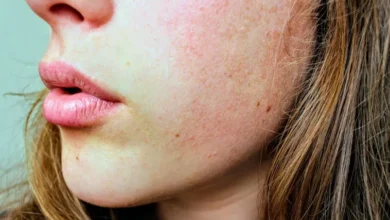Research: Nestle sweetens baby formula sold in India but not in Europe
An investigation by Public Eye, a Swiss organization, and the International Baby Food Action Network (IBFAN) has revealed that the baby-food brands sold by global giant Nestle in India have high levels of added sugar, whereas similar products are sugar-free in the United Kingdom, Germany, Switzerland, and other developed nations.

According to research, each serving of Cerelac infant products in India has an average of about three grams of sugar. According to the research, identical food is offered in Ethiopia and Thailand with around six grams of additional sugar, but not in Germany or the UK.
The investigation claimed that Nestle violates international norms meant to prevent obesity and chronic illnesses by adding sugar to newborn milk and cereal products in a number of nations. Only nations in Asia, Africa, and Latin America have violations.
A representative for Nestle India Ltd., however, said that the firm has decreased the overall quantity of added sugars in its baby cereal portfolio by 30% over the last five years and that it is still “reviewing” and “reforming” products to further lower the amount. “We prioritize using high-quality ingredients and believe in the nutritional quality of our products for early childhood.”
Leading UK newspaper The Guardian revealed on Wednesday that the Swiss food giant sweetens baby formula and cereal items marketed in “poorer countries” with sugar and honey. It referenced data from an analysis of Nestle infant food products available in these markets by Public Eye and IBFAN. Public Eye looked at 115 items under the two major brands, Cerelac and Nodi, that are offered in Nestle’s primary markets in Africa, Asia, and Latin America.
Every Cerelac infant cereal product Public Eye looked at in India had additional sugar—on average, over three grams per serving.
Despite being marketed to infants as early as six months old, almost all of the Cerelac baby cereals tested include added sugar—around four grams on average per serving, or about a sugar cube. The product offered in the Philippines had the greatest quantity, 7.3 grams per serving, according to the survey.
According to media reports, WHO specialist Nigel Rollins said that “this is a double standard that cannot be justified.”







